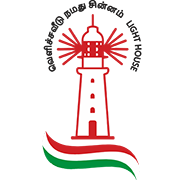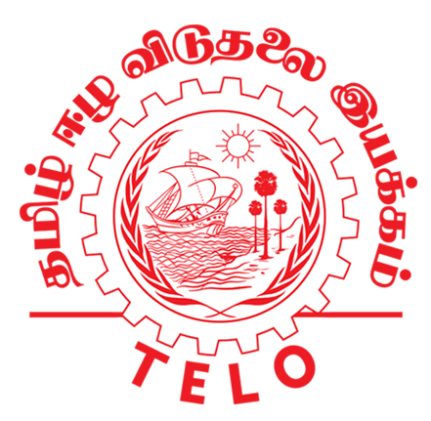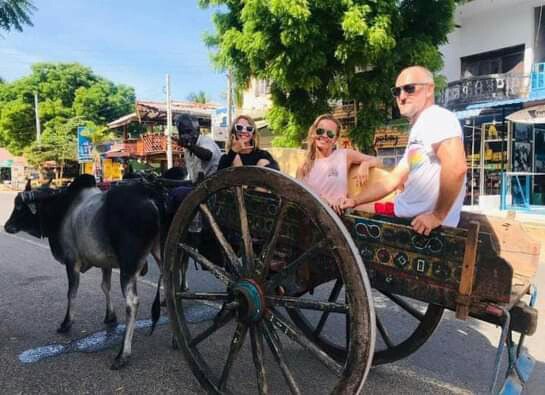Sri Lanka is considering selling tickets to tourists in US dollars in a bid to raise money to import spare parts Transport Minister Bandula Gunawardana said amid the worst currency crisis in the history of the island’s intermediate regime central bank.
“I plan to ask permission from the central bank to charge for tickets in US dollars,” Minister Gunawardana said.
“Hotels charge in US dollars, I do not see why we cannot.”
Sri Lanka’s Department of Railways is finding it difficult to import spare parts for its old engines, he said.
Minister Gunawardana hiked fares to half that of buses and has sharply reduced operations losses, he said.
Minister Gunawardana has also proposed to call international tenders to sell metal scrap to raise dollars for Sri Lanka Railways.
Related
Sri Lanka railways seek forex from scrap metal amid currency crisis
Sri Lanka has an intermediate regime central bank (a soft-peg) which collapses and forex shortages emerge whenever aggressive open market operations are employed (liquidity is injected) to artificially suppress interest rates.
Sri Lanka’s economists got the power to print money in 1950 through US designed Latin America style, though they were not explicitly given the power to depreciate the currency, as the agency was required to maintain a peg to gold at 1.99 grains of gold.
However the rules were relaxed in 1980s, after the US dollar was floated in the 1970s and it was made earlier to depreciate the rupee to compensate for monetary policy errors under so-called basket, band, crawl (BBC) policy that was peddled by Washington based Mercantilists, critics say.
Latin America style central banks also started to default from the 1980s.
Once the power was given, economists are now unwilling to give up the power to print money and depreciate the currency though calls are intensifying to harden the peg block monetary instability.
Over the year economists have lobbied politicians to control and exchange control and import control laws and curtail the economic freedoms of citizens during successive currency crises and money printing depleted reserves.
Money laundering laws were deployed against citizens who use US dollars in the current crises to enforce a state monopoly in money, legal tender.
Source: Economy Next





